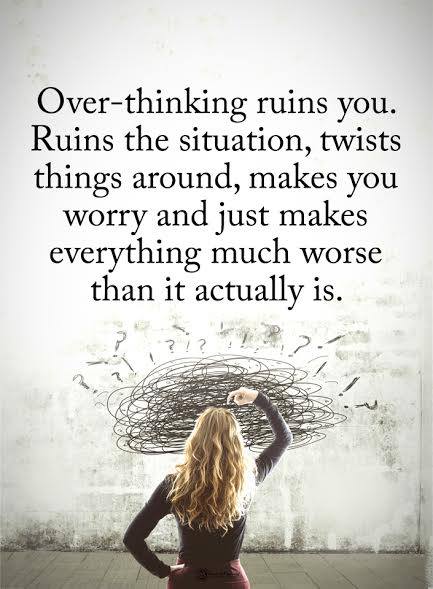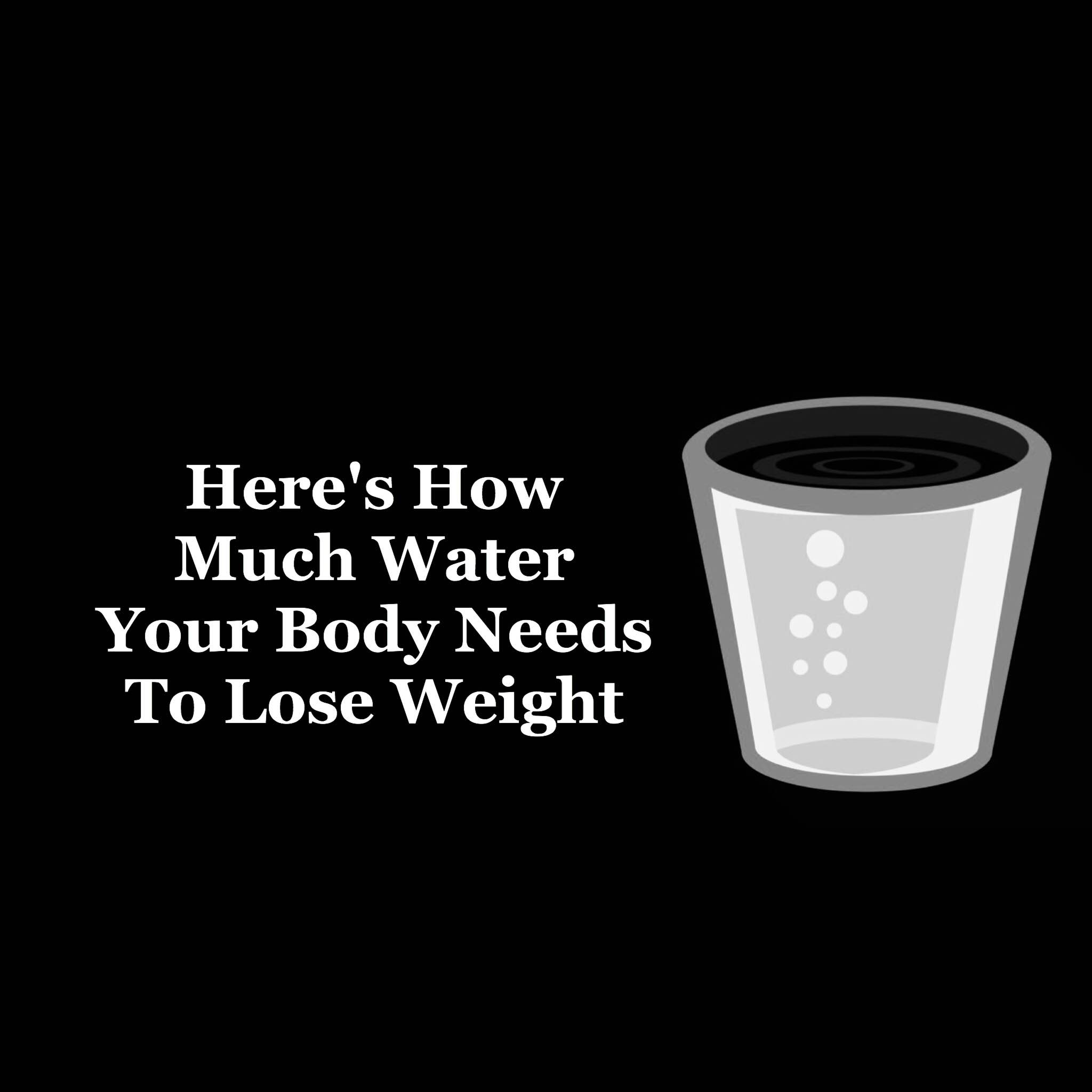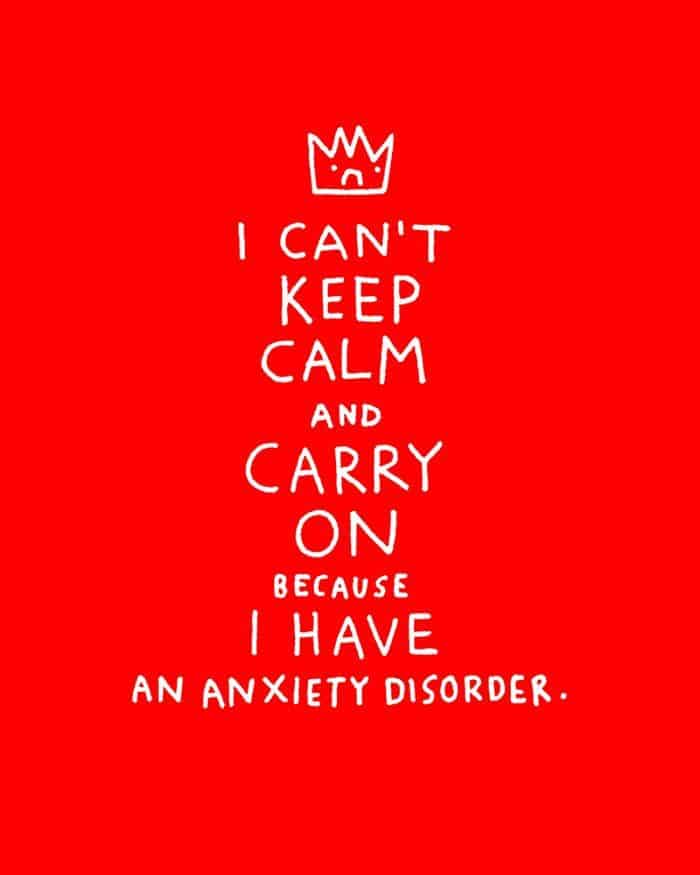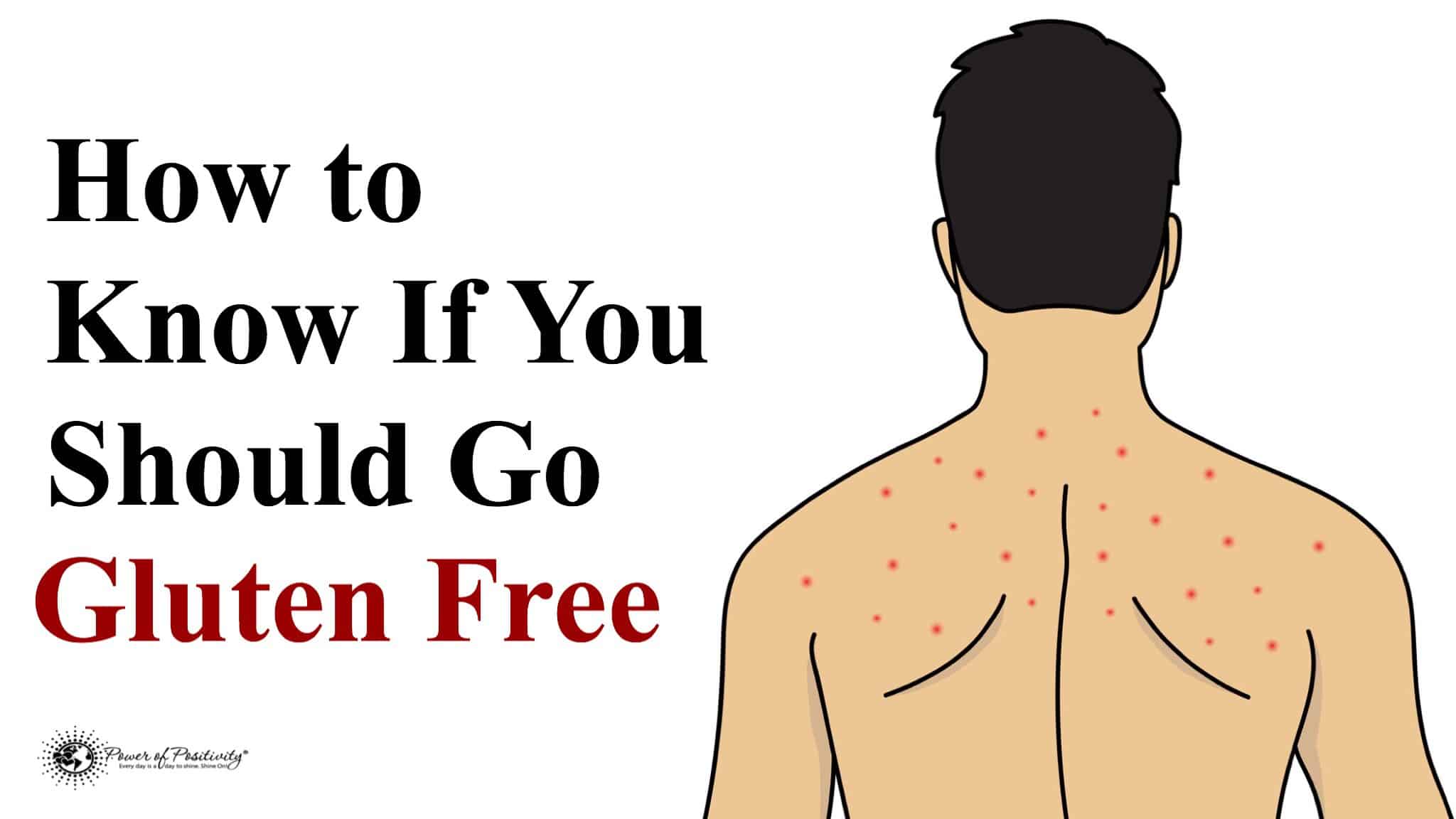Do you tend to worry? No worries (pun intended). You’re not alone–many express a desire to learn to stop worrying.
Before we begin though, here’s the skinny on worrying versus anxiety. As we tend to think that anxiety and worrying are basically the same thing, here are some crucial differences to keep in mind:
- While worry is more specific, anxiety is more general.
- Worry takes place in our heads; anxiety affects our bodies.
- Where worry stimulates problem-solving; anxiety does not.
- Worry creates moderate distress; anxiety can create severe distress.
- Worry is based more in reality than anxiety is.
- Due to its practical origins, worry is more controllable than anxiety.
- Worry tends to be more temporary and fleeting than anxiety.
- Worry usually doesn’t impact work and everyday functioning; anxiety can.
By understanding the differences between anxiety and worry, we are better equipped to handle both of these. You’ll notice, for example, that worry is based more on everyday matters of a practical nature. Anxiety, meanwhile, can manifest without reason. Knowing this, we can be more proactive in how we go about settling our affairs – and experience immediate relief.
One important caveat: those with an anxiety disorder (e.g. generalized anxiety disorder, or GAD) often report excessive worry related to life events. If you suffer from an anxiety disorder, hopefully this article will prove beneficial, but you might also choose to seek professional help.
“How do I stop worrying?”
“Worry does not empty tomorrow of its sorrow. It empties today of its strength.” – Corrie ten Boom
While we can not stop all worry, we can surely limit the frequency and severity of it. The thing is, we would not necessarily want to stop all worry. Indeed, it is possible that, without any concerns, we’d sink into a state of passivity and possibly recklessness.
At the same time, there isn’t need to worry about things too much. Most importantly, we have no good reason to worry about things outside of our control. With this in mind, here are five things you can do about worry:
#1 Ask yourself, “Can I do something about it?”
To state it simply, there’s no point in worrying about something outside of your control. We all instinctively know the futility of doing so, yet we do it anyways. For instance, being nerve-racked over something you said to a co-worker isn’t something you can control. Settling the issue (if it is something that needs to be discussed or smoothed over) is something you can control.
In short, take action if it’s controllable, but relax if it isn’t: relax. Failing to do either of these things is bad for your health.
#2 Designate a time to worry.
While scheduled “worry time” may sound strange, it is nonetheless useful. A 2011 study undertaken by researchers at Pennsylvania State University found that a “4-step stimulus control program” helped people control worrisome impulses.
Here are the four steps:
- Identify the object of worry.
- Come up with a time and place to think about this worry.
- If you catch yourself worrying at a time other than your designated worry time, you must make a point to think of something else.
- Use your “worry time” productively by thinking of solutions to the worries.
#3 Practice mindfulness
Mindfulness practices, especially mindfulness meditation, teach acceptance as a core tenet. Acceptance is often misunderstood as passively accepting problems that arise instead of solving them. This is entirely untrue, says Jon Kabat-Zinn, the founder of Mindfulness-Based Stress Reduction (MBSR). He adds this helpful insight:
“Acceptance doesn’t, by any stretch of the imagination, mean passive resignation. Quite the opposite. It takes a huge amount of fortitude and motivation to accept what is – especially when you don’t like it – and then work wisely and effectively as best you possibly can with the circumstances you find yourself in…”
#4 Keep your mind and hands busy
You might have heard the proverb, “Idle hands are the devil’s workshop.” Regardless of your religious beliefs, there’s some truth to this proverb. We experience worry (and anxiety) much more often when focused on our inner world as opposed to something external (say, work or a hobby.) Our mind does the same thing when we’re bored or ruminating on something other than what we’re doing.
According to research from the Medical Research Council in England, staying occupied can even help those who have experienced a traumatic event. Bob Hirshon, a researcher at the American Association for the Advancement of Science (AAAS), says, “Keeping your hands and mind busy interferes with storing and encoding visual images.” Hirshon was most likely referring to flashbacks to traumatic events.
#5 Break a sweat
Regular exercise should be on everyone’s “stress-busting” list. We’ve said it before, and we’ll repeat it: exercise is perhaps the best thing that you can do to improve your health. Per Harvard University:
“Regular exercise changes the brain to improve memory [and] thinking skills. There are plenty of good reasons to be physically active [including] reducing the odds of developing heart disease, stroke, and diabetes …”
When it comes to beating stress and worry, exercise again scores some major points. Neuroscience has discovered that exercise boosts brain chemicals associated with attention, drive, happiness, and a sense of wellbeing.













